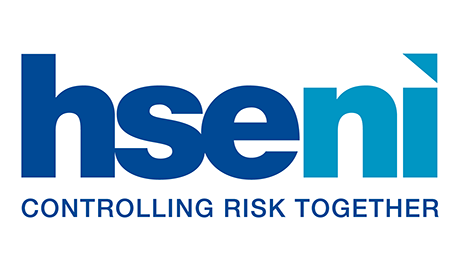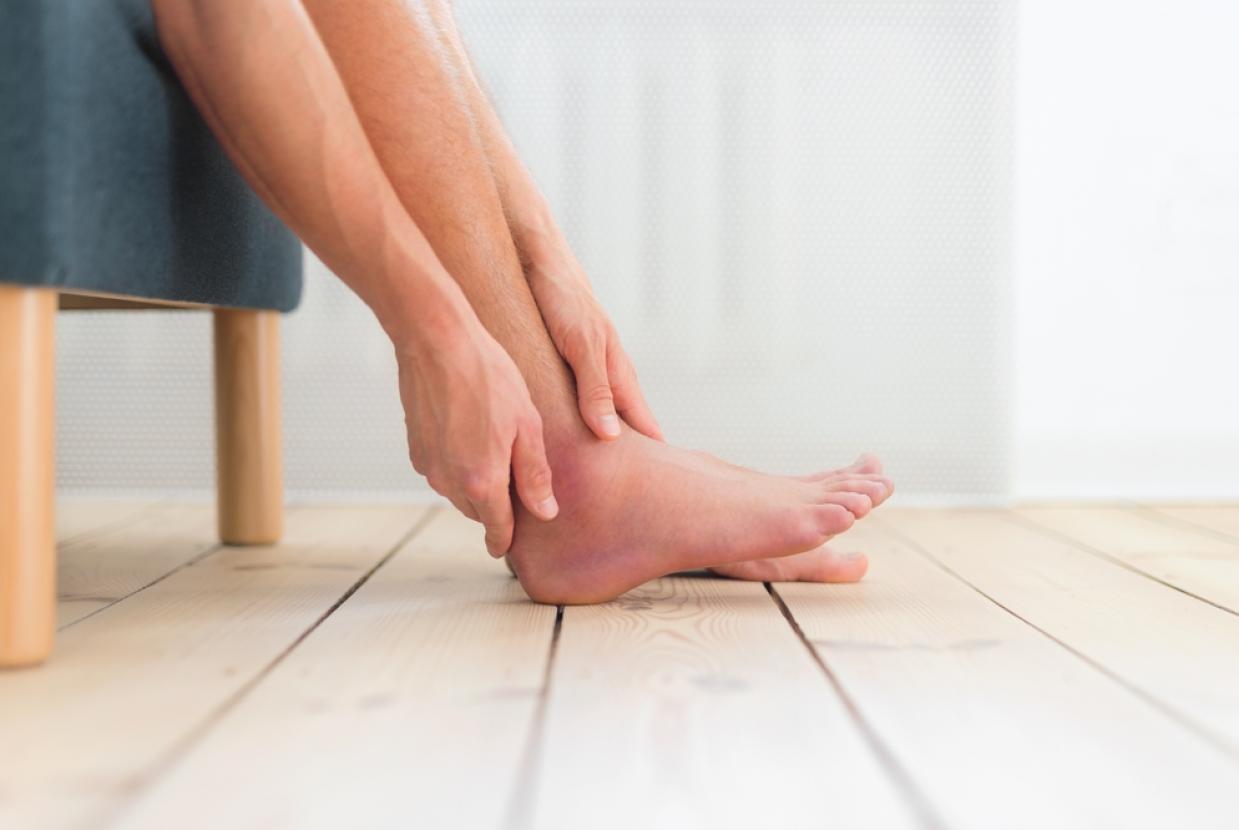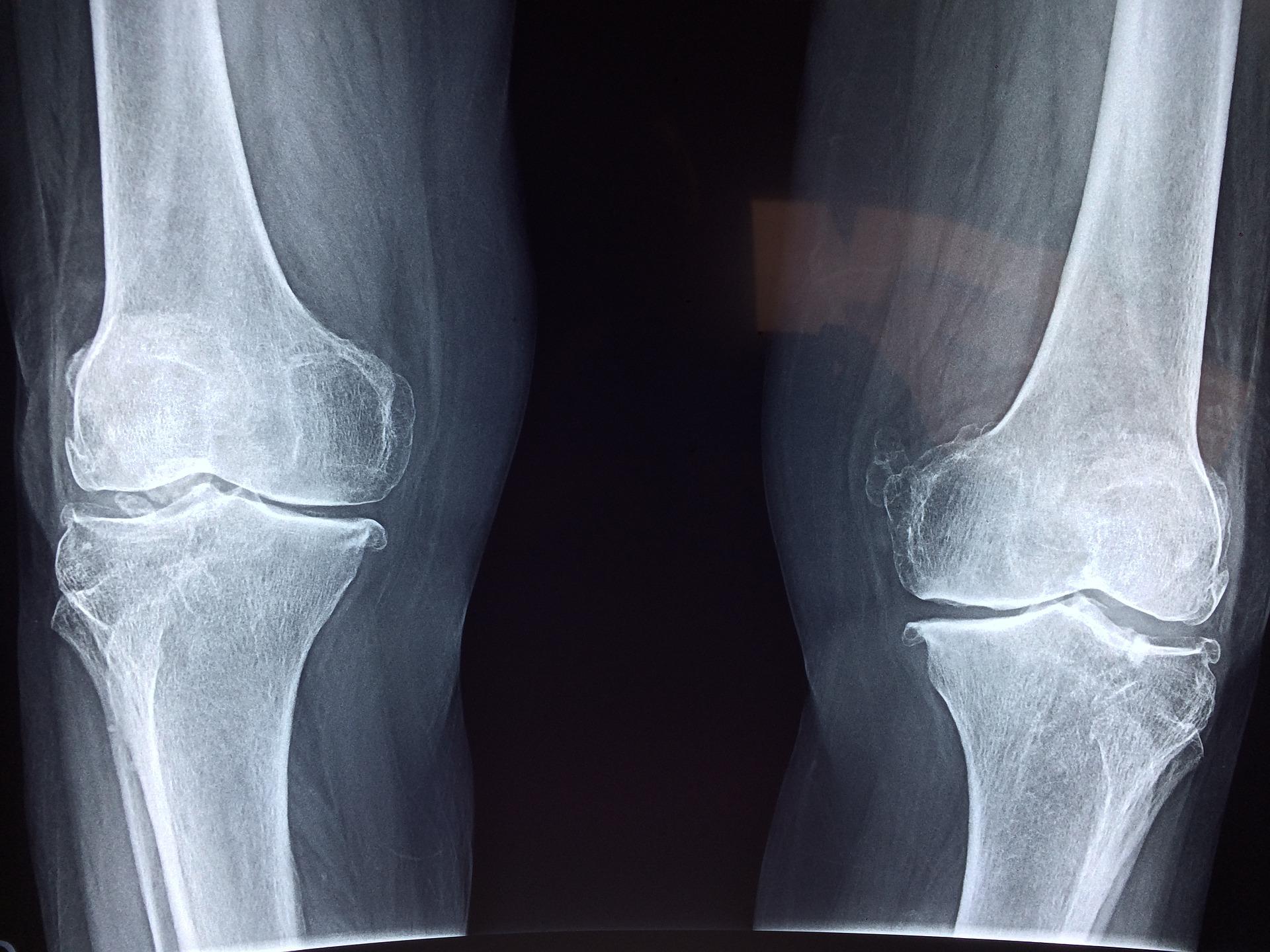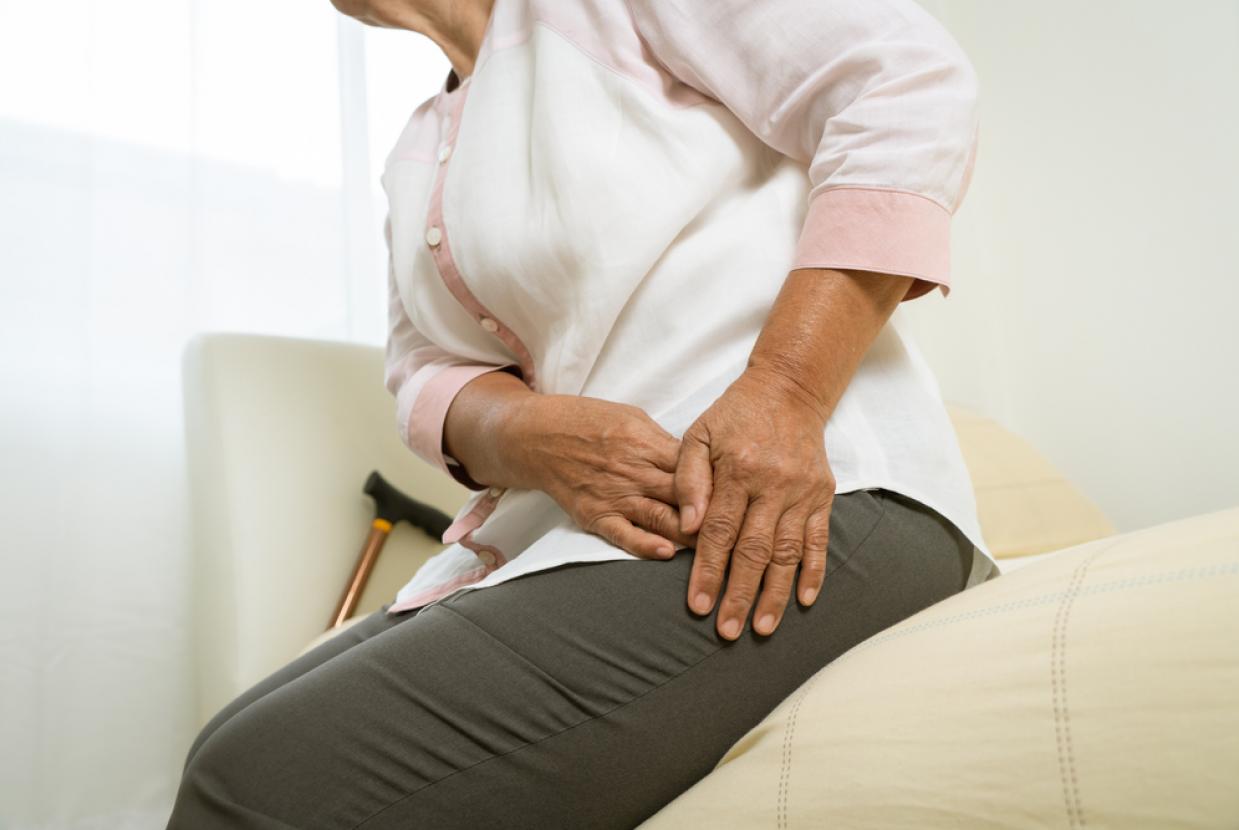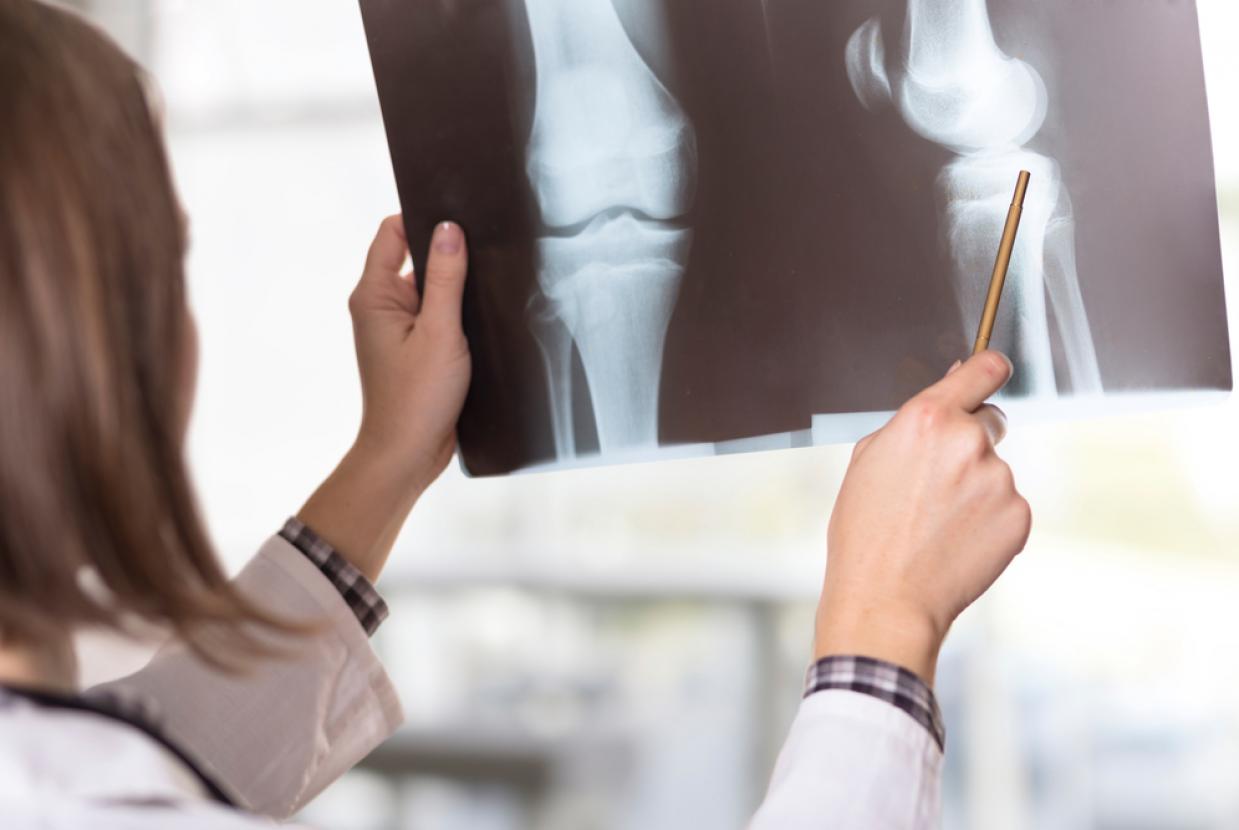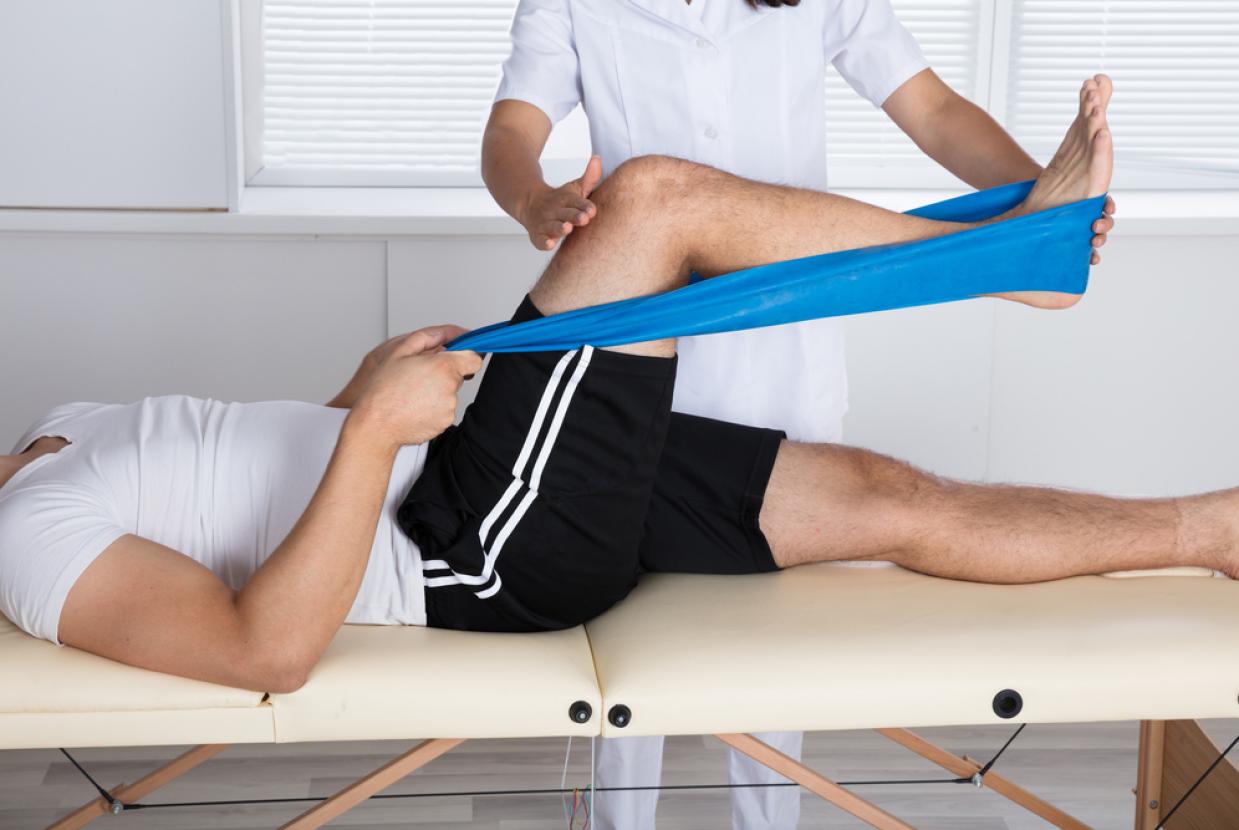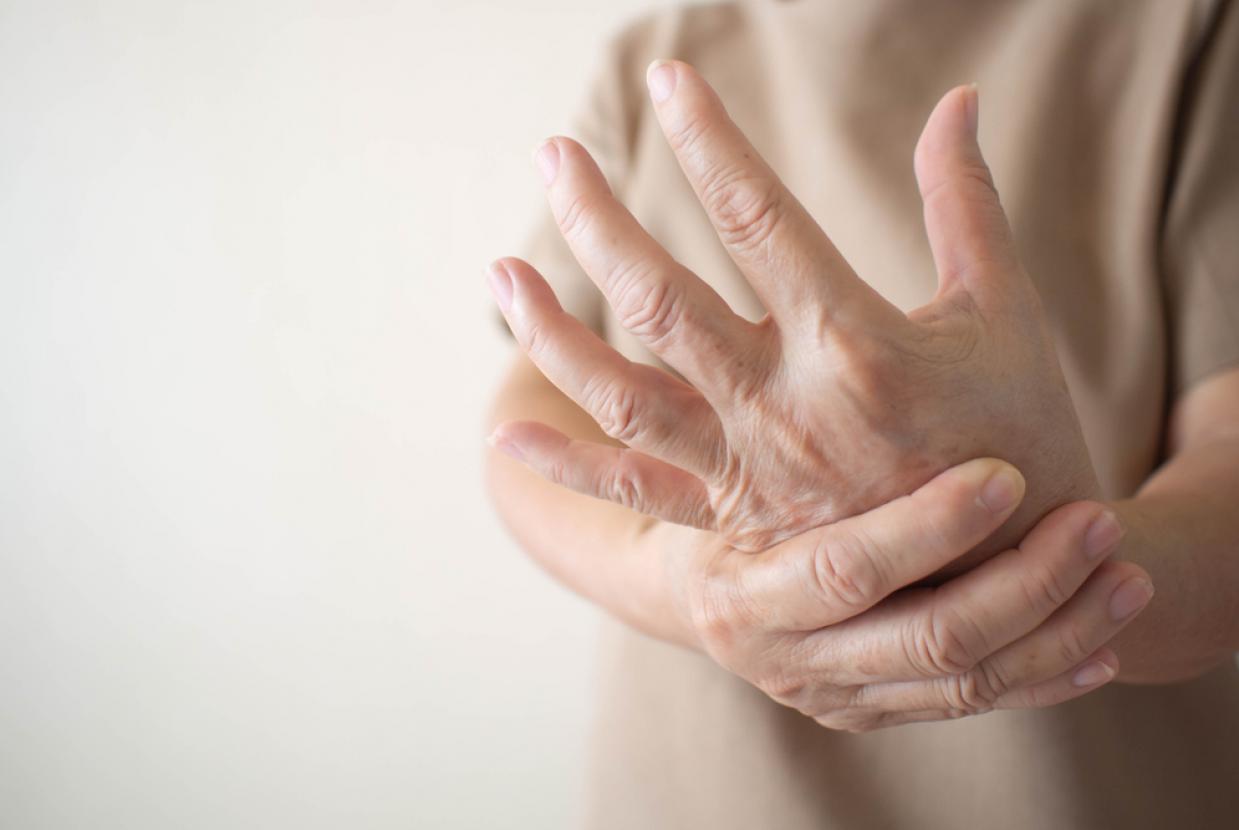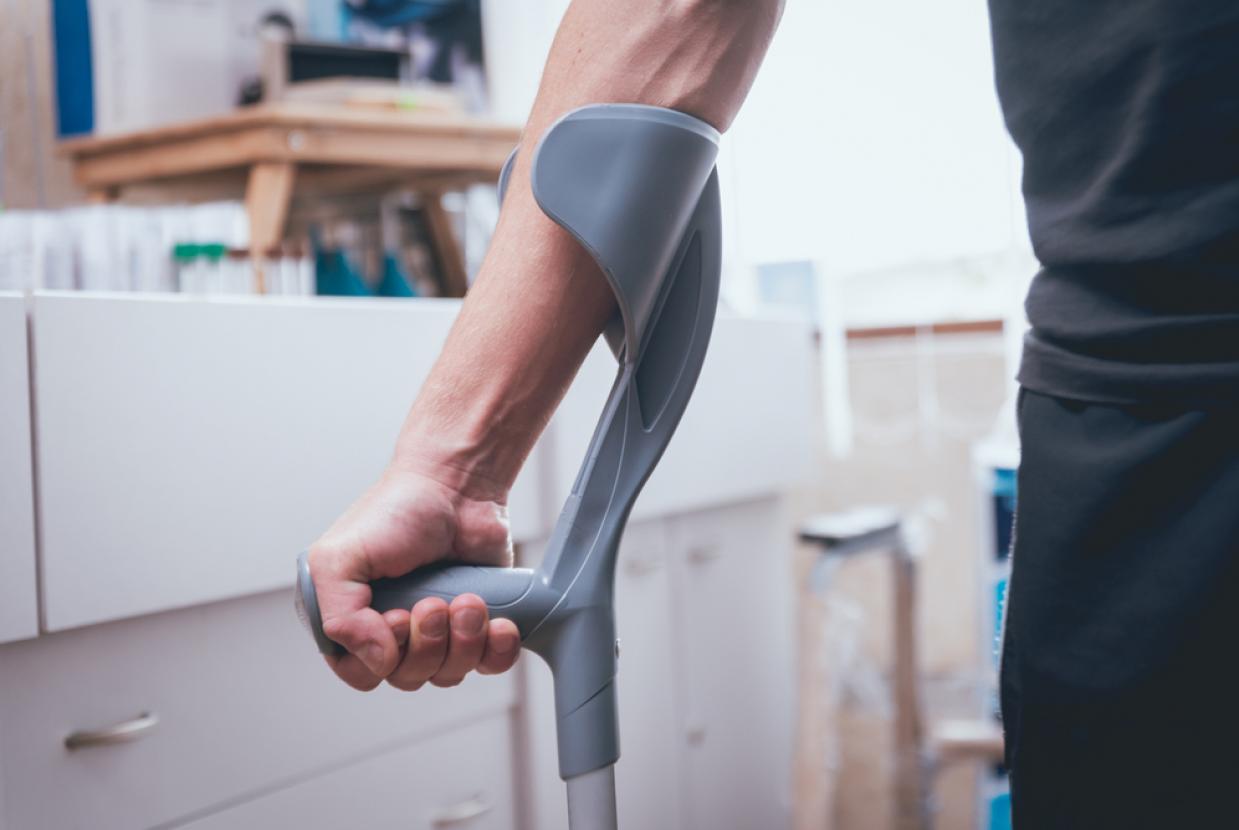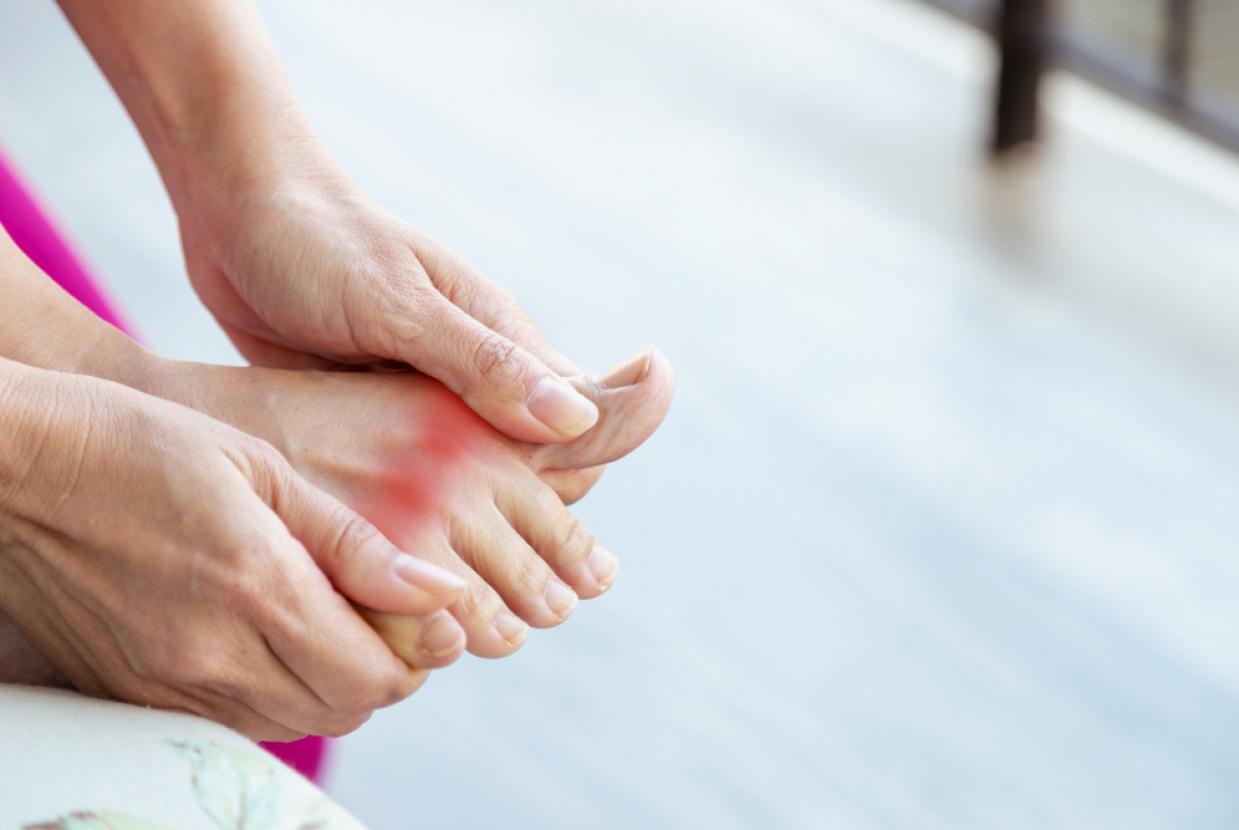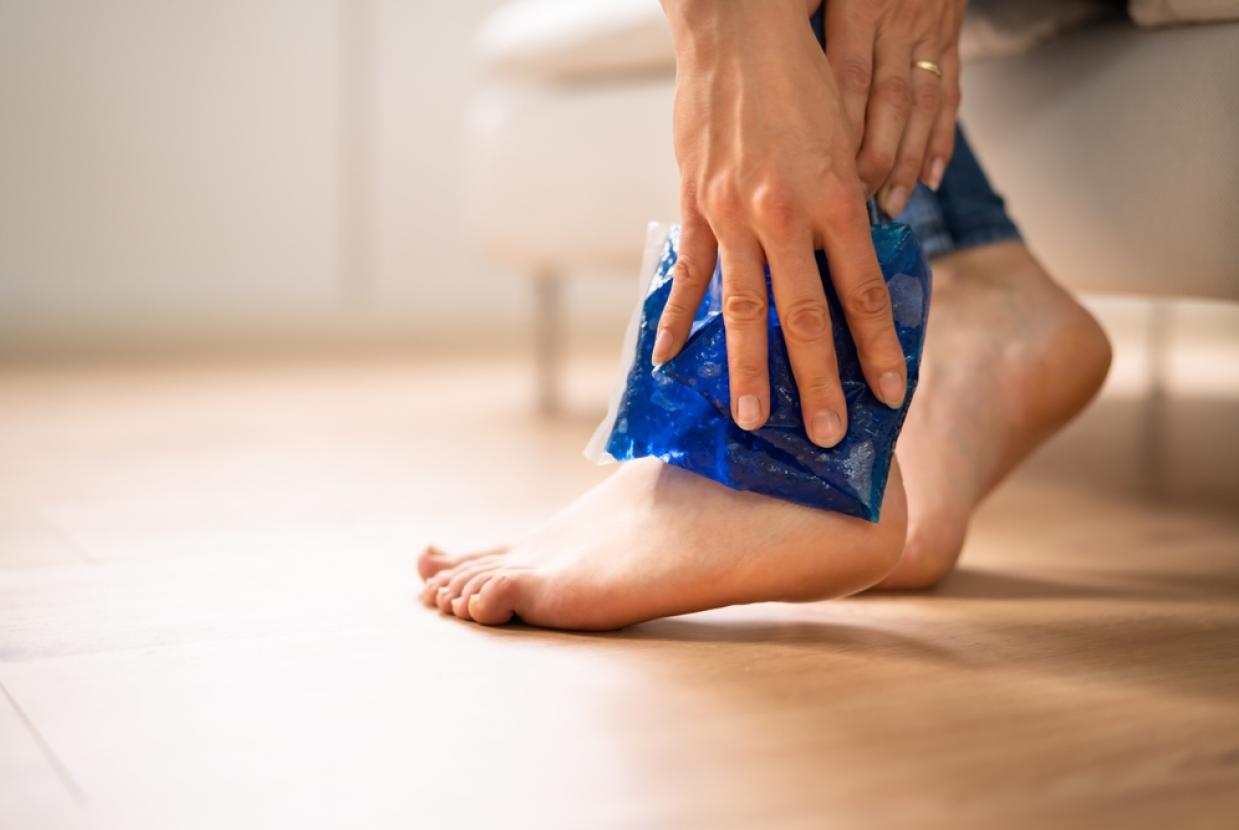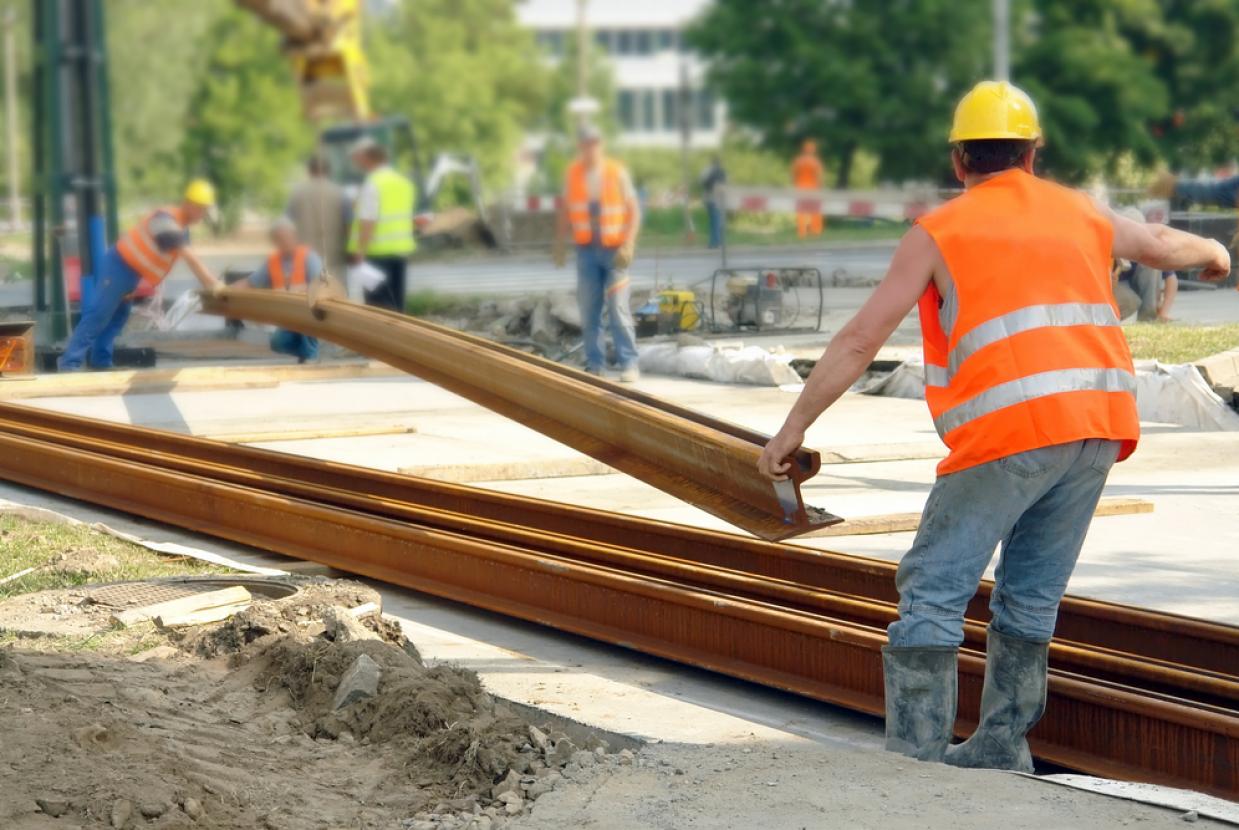Musculoskeletal Disorders & Work-Related Stress
Whilst musculoskeletal disorders (MSDs) are commonly linked to sudden and irregular movements and the adoption of awkward postures, there is an increasing body of research that suggests psychosocial risk factors such as work demands, job control and social support at work are also independent risk factors for MSDs.
Musculoskeletal Disorders
Northern Ireland’s Labour Force Survey estimates there to be 13,000 cases of musculoskeletal disorders that are linked to the workplace. The term musculoskeletal disorders covers any injury, damage or disorder of the joints or other tissues in the upper/lower limbs or the back.
Whilst workers in all industries and in all sizes of business may be affected, a higher incident rate can be linked to agriculture, forestry and fishing, logistics and transport, construction, and health and social care. MSDs also account for a significant number of working days that are lost in Northern Ireland.
Work-related stress
Recent statistical estimates, based on GB figures, suggest 15,000 cases of work related stress, anxiety and depression in Northern Ireland each year.
Work-related stress is the adverse reaction people have to excessive pressures or other types of demand placed on them at work. Whilst the cause of stress can be multi-factorial, there are steps that employers can take to manage the impact of work related stress.
Data indicates that the performance of individual employees and the organisation as a whole can be improved by effective management of the main risk factors for work-related stress. The management standards approach, developed by HSE, focuses on tackling work-related stress at an organisational level rather than individual cases. Individual risk factors associated with work related stress are considered within the management standards approach and include work demands, control, support, relationships, role and change.
Psychosocial risk factors for Musculoskeletal Disorders
Whilst MSDs are commonly linked to sudden and irregular movements and the adoption of awkward postures, there is an increasing body of research that suggests psychosocial risk factors such as work demands, job control and social support at work are also independent risk factors for MSDs.
As well as leading to stress, which is a hazard in its own right, psychosocial risk factors can lead to musculoskeletal disorders. For example, there can be stress-related changes in the body (such as increased muscle tension) that can make people more susceptible to musculoskeletal problems; or individuals may change their behaviour, for example going without rest breaks to try and cope with deadlines.
In relation to back pain, adverse health effects have been linked to high job demands (e.g. high workload and time pressure) and low job support (colleagues and supervisor willingness to listen and provide assistance).



